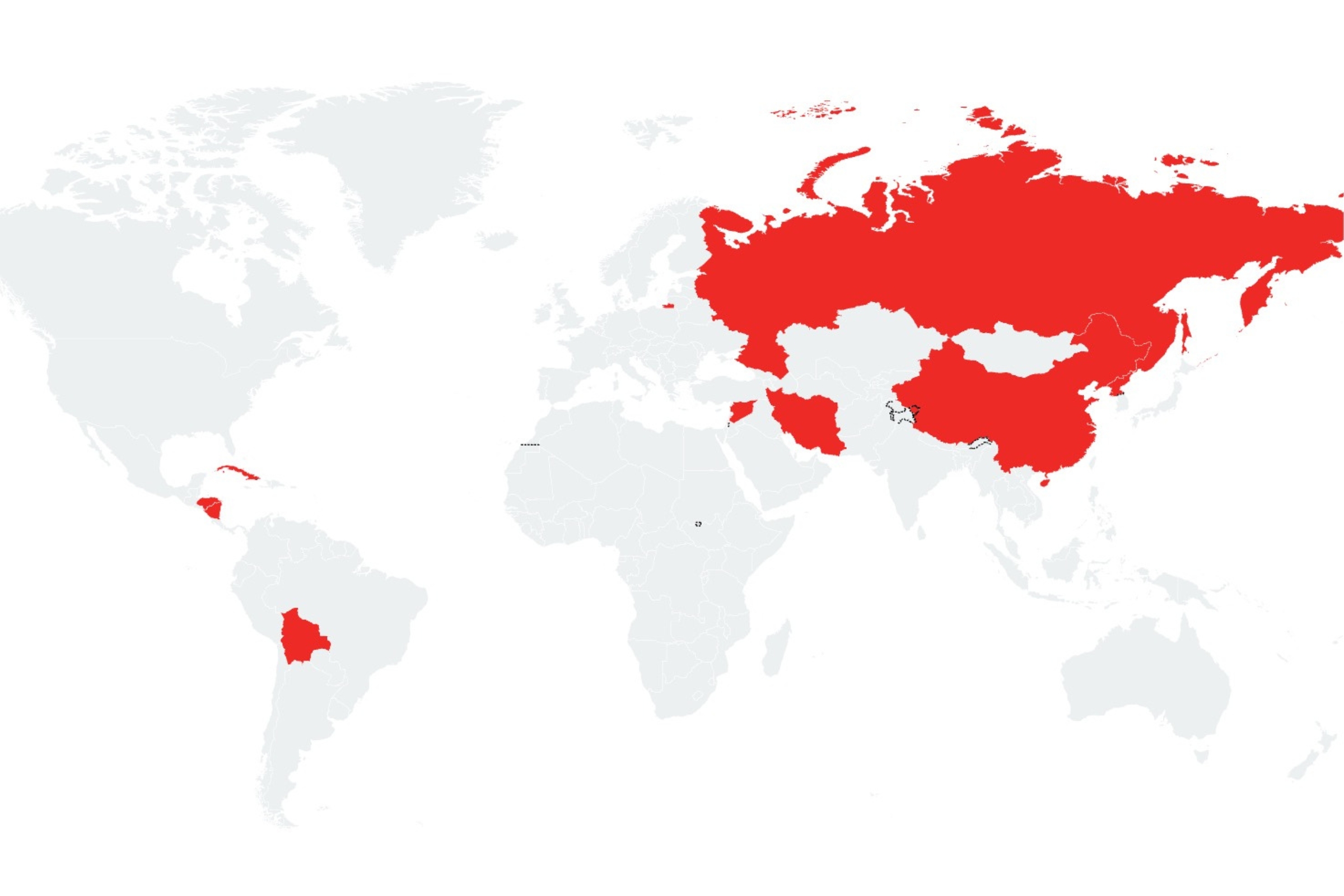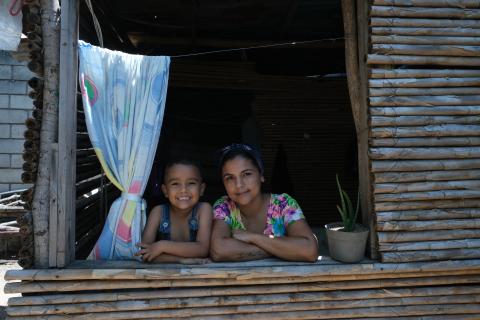Pressure on Nicolás Maduro and his autocratic government has been building for at least two years, and to such a degree that he was forced to call elections on Sunday, July 28. Just a week before that date, Maduro threatened a bloodbath if the opposition won the presidential elections.
The opposition was led by María Corina Machado, who was banned by the regime from participating in the elections as a candidate. Only after an agonizing process did they finally manage to register Edmundo Gonzalez Urrutia, who had been an ambassador in one of Hugo Chaves' governments.
On the 28th, the voting was quite crowded and the day flowed quite normally. The opposition was very well organized with citizen representatives in practically all the polling stations throughout the country, about 3,000 tables.
Minutes before midnight, the Electoral Tribunal (which is controlled by the Maduro government) in the figure of Elvis Amoroso came out to announce the first results. They called a virtual victory for the ruling party of Nicolás Maduro with 51% of the 80% of the votes counted, and 44% for Edmundo Gonzalez. That was without showing the minutes or evidence of any kind, which immediately raised doubts about the transparency of the elections.
It should be noted that of the 7-8 million Venezuelans who reportedly live abroad, having fled the dictatorship, a minimum number of them were authorized to exercise their right to vote.
After midnight, citizens began to disseminate the results of their tables through the Internet. In all of them, Edmundo Gonzalez's triumph was overwhelming. However, the Electoral Court had announced the victory of Nicolás Maduro.
The opposition began to ask for evidence of the results announced by the Electoral Tribunal, arguing that they had evidence of the minutes from each of the polling stations showing the result as completely the opposite. That is to say, Edmundo Gonzalez Urrutia is the legitimate winner of the elections, with a result of 70% to 30%. In short: 2 to 1.
Immediately on the 29th, the Court rushed to ratify Nicolás Maduro as the winner of the electoral process. At the same time, citizens took to the streets in protest against what was an imminent fraud. Day and night in the streets were thousands and thousands of Venezuelans.
Governments of the Americas and elsewhere have rejected the result as fraudulent.
The crisis has been long in coming. A decade of U.S. sanctions has crippled the Venezuelan economy, sending millions into exile. Venezuelans are dying in the streets in what they have called a movement until the end. The OAS (Organization of American States) has asked the International Criminal Court to arrest Nicolás Maduro. As many as 17 countries in the Americas have condemned the electoral process, describing it as undemocratic — with the exception of Brazil, Colombia and Mexico, which are still asking for evidence of the results to be shown.
Russia, China, Nicaragua, Cuba, Bolivia, Iran and Syria have recognized Maduro as the winner. Some of those are presumably due to economic and trading interests, while others may simply be choosing to support someone the U.S. does not.
The United States on August 1 recognized Edmundo Gonzalez as the winner, and therefore the legitimate president of Venezuela, although it’s unclear whether anyone was listening. The credibility of the U.S. on issues of democracy and human rights has been greatly compromised these last many months, as it continues to supply Israel with the bombs for its assault on Gaza.
The Brazilian, Colombian and Mexican governments typically align with the Maduros regime. They call themselves leftwing, and as such they have been unwilling to question the electoral process and Maduro’s claim to a win. Others in the region have been pushing them to react to what has been happening in Venezuela. So the three presidents, AMLO, Petro and Lula, finally came up with a press release asking Maduro to publish the full results. The real ones. Lately, however, the three then asked Maduro and Edmundo Gonzalez to gather in order to find a peaceful solution. They explicitly excluded María Corina Machado. Hard to know quite what that means.
On Tuesday 6 August, Brazilian president Lula da Silva and Chilean president Gabriel Borich met in Santiago, Chile, and it's presumed that they will come up with a proposal for the Venezuelan crisis. It seems that Lula feels more confident alongside Borich, so expectations are that their collaboration will yield a more fair proposal for their neighbor Venezuela. Neither of them, however, has directly recognized the opposition’s win.
The latest has been that Maduro is trying to ban the WhatsApp and Tik Tok platforms, apparently with the intention of isolating the Venezuelan people and making it harder for them to share information and to organize.
Venezuela has the largest oil reserves on the planet, as well as important deposits of gold and coltan. This can be expected to play a part in the calculations of nations as they weigh who to recognize as the election winner. Certainly important to the U.S.






